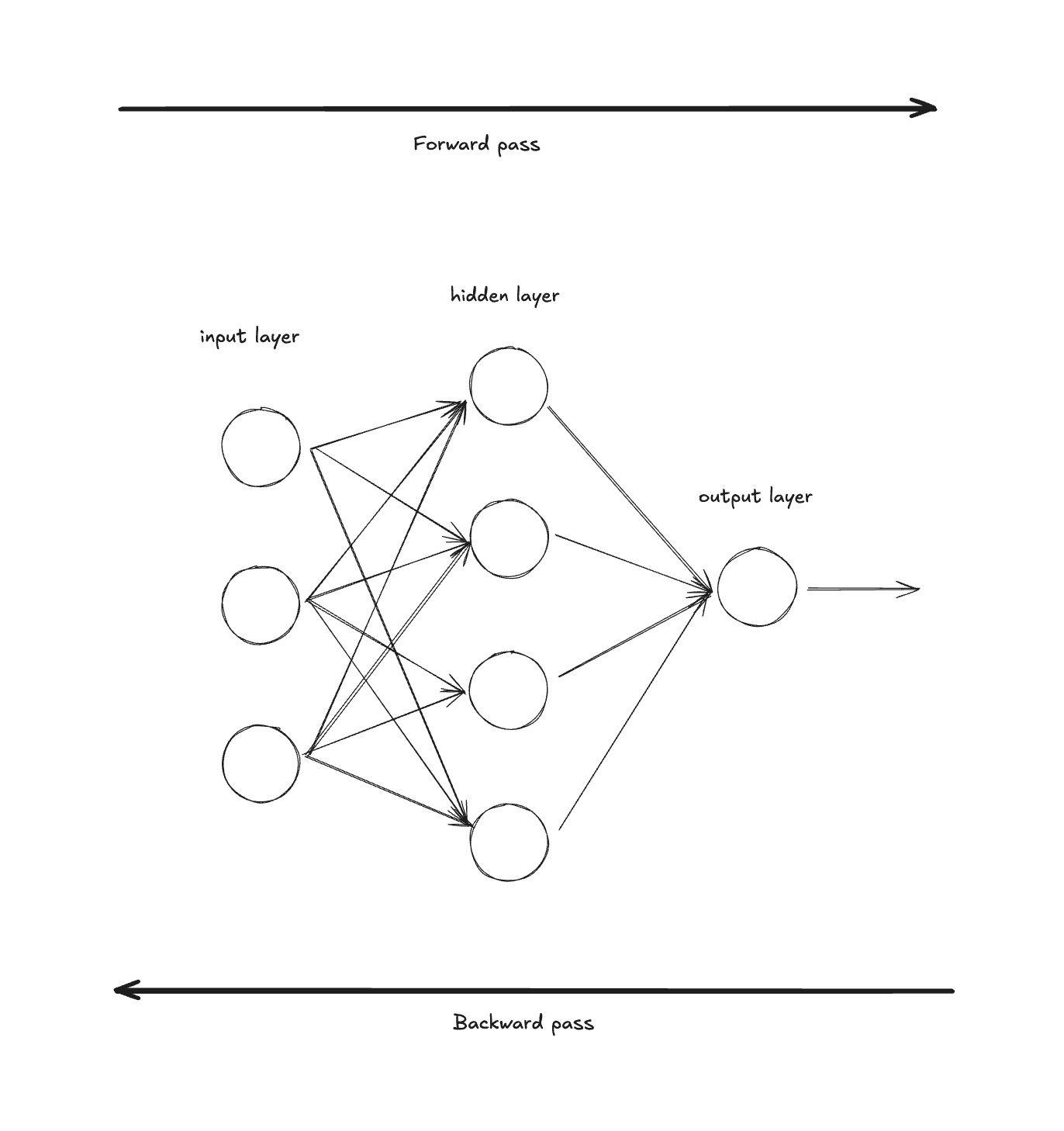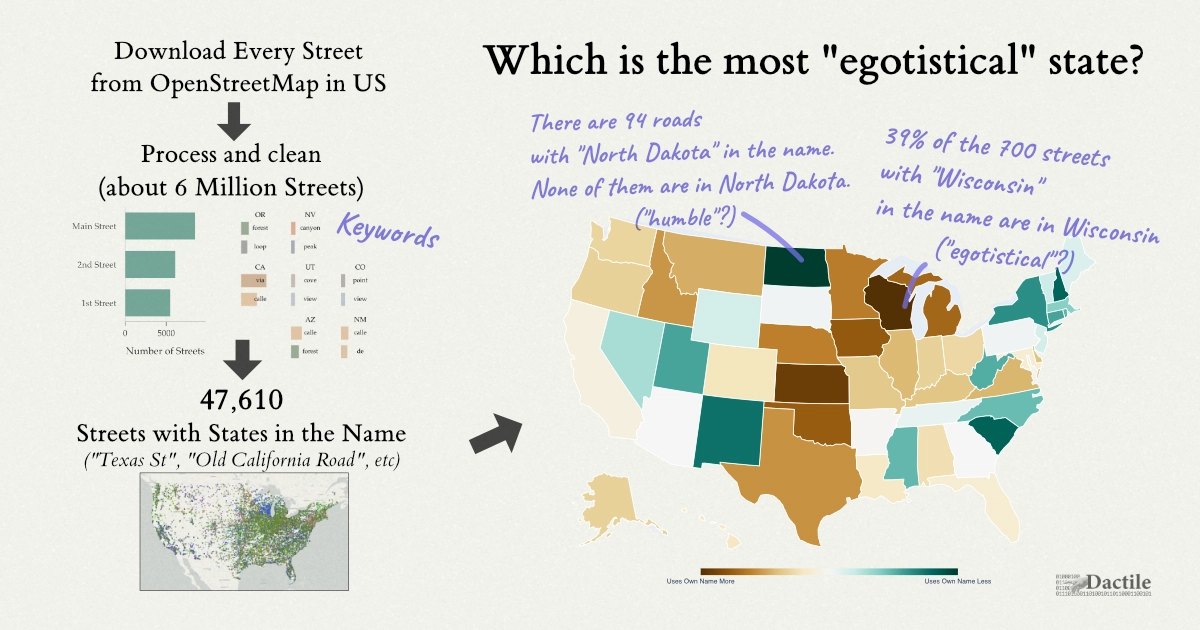A strange, discomfiting feeling sometimes crawls over my skin. My bones whisper at me — I’m in the wrong town, the wrong room, the wrong body. From the very first time I discovered the joys of singing, I knew who I was. A musician, a creative soul. But when I look in the mirror today, a 25-year corporate executive stares back at me, with wrinkly tired eyes and hair greying at the temples. I feel like the musician is in there. Kidnapped, trapped, unable to move. Frozen in place.
In the great Irish comic novel The Third Policeman, Flann O’Brien describes three Irish guards, Pluck, MacCruiskeen and Fox. They spend so much time on their bicycles that their physical makeup has changed. Policeman becomes part bicycle, bicycle becomes part policeman.
Maybe we all feel like this, our personalities inside and outside work merging, the real us an ever-changing doughy mess of opinions and positions. I can usually balance this split — part creative, part business, full-time windbag. There are 2 areas where this is more of a challenge. Brainstorming can be an issue because I don’t have the same mental boundaries that others may have, so my wilder ideas make very little sense. The second area I have an issue with is when I have to explain something complex — which is often.
At an exec offsite at Workhuman this summer, I was trying to explain the vast improvements in AI in the past six months (and the life-threatening dangers lurking within). Getting any message across to a group of busy executives is a difficult feat. I could send a reading list — but that would be a phenomenal waste of time. Execs are one group most affected by time poverty. I could stand in front of them with a load of stats on PowerPoint, but I doubt anyone would remember a single stat the day after. PowerPoint is instantly forgettable. I had to find a different way.
The esteemed songwriter Martin Sutton once told me to ‘show, don’t tell’ when writing lyrics. When you tell someone literally what happened, it’s boring. When you allow people to picture the scene in their imagination, and fill in the gaps themselves, you are onto a winner. Don’t say the man was sad because his partner left him. No one can see that in their imagination. Describe the sloping shoulders, the dry tear stain on his cheek, a single dirty mug on the counter of an empty kitchen.
Though Martin was (busy plunging a dagger through my soul) critiquing one of my songs when giving me this advice — I hung onto it and have often found it to be a wonderful guide for communicating any idea. In the spirit of Martin Sutton, I decided that there was one way to explain where AI is now, and have people’s imaginations do the heavy lifting. I would create an AI version of me. AI me would then chat to our CEO, Eric, in front of the executive leadership team.
My twin called Eric on loudspeaker in front of the entire room. There was a slight delay, and I could feel cold sweat run down my sides for about 3 very long seconds. Suddenly, digital me broke the silence. Because I cloned my voice, it sounded exactly like me. Because I’ve captured my tone of voice on this blog, my digital twin spoke as I would (without the copious amount of swearing).
I’m trying to recall the exact ‘aha moment’ for the group. I think it was when a disembodied character, in my exact voice, said:
“Uh, Eric, the big boss. Well, first off, tell him I’m waving at him through the screen and remind him he owes me a coffee for that time I fixed the Wi-Fi in the boardroom, or at least I think I did. I’m taking credit for it, anyway.”
The atmosphere changed instantly. Raised eyebrows, people sitting back on their chairs, some elbows and muted whispers on the back row. One of the execs told me later that evening that the demo scared him. Another told me privately that they were afraid of how little they knew about how all AI works. Our head of product announced to the room that if this bot could design architectures, we could send it to product council, and I could fuck off! He was joking, of course. At least, I think he was joking. There was a loud laugh at this — a little too loud and slightly tinged with panic.
But could AI have detected that feeling in the room, the looks in the eyes, the realization that the energy in the room shifted? Could it have built a stunt to get a point across, taking inspiration from a pop songwriter’s (devastating) critique?
The truth is, we don’t yet know what AI will be capable of. Or humans.
If you would like to build a digital twin, I have written out the instructions on a subsequent post here. It is a lot of fun, but a strange experience.
One warning about all this playing with AI comes from Hannah Arendt. In her book The Human Condition — she wrote that people who are disconnected with the human condition would like to create “artificial machines to do our thinking and speaking….we would become the helpless slaves…at the mercy of every gadget which is technically possible, no matter how murderous it is.”
I have a confession to make. Occasionally, when I’m awake late at night, and everyone else is gone to bed, a kind of loneliness creeps in. TV and surfing the internet become tedious. In the half-light, I call up my digital twin. Just to hear a friendly voice. I am always amazed at what I say to myself. Every so often, AI Mark will say something that sounds wrong. But then again, given different circumstances, less tiredness or stress, maybe that’s exactly what I should say. I wonder, how real am I. How real is the AI? Have I actually become O’Briens policeman? Jesus, have I become the bike?
Thank you so much for reading. If you enjoyed this post, please share it with 2 people who might enjoy it!
.png)




